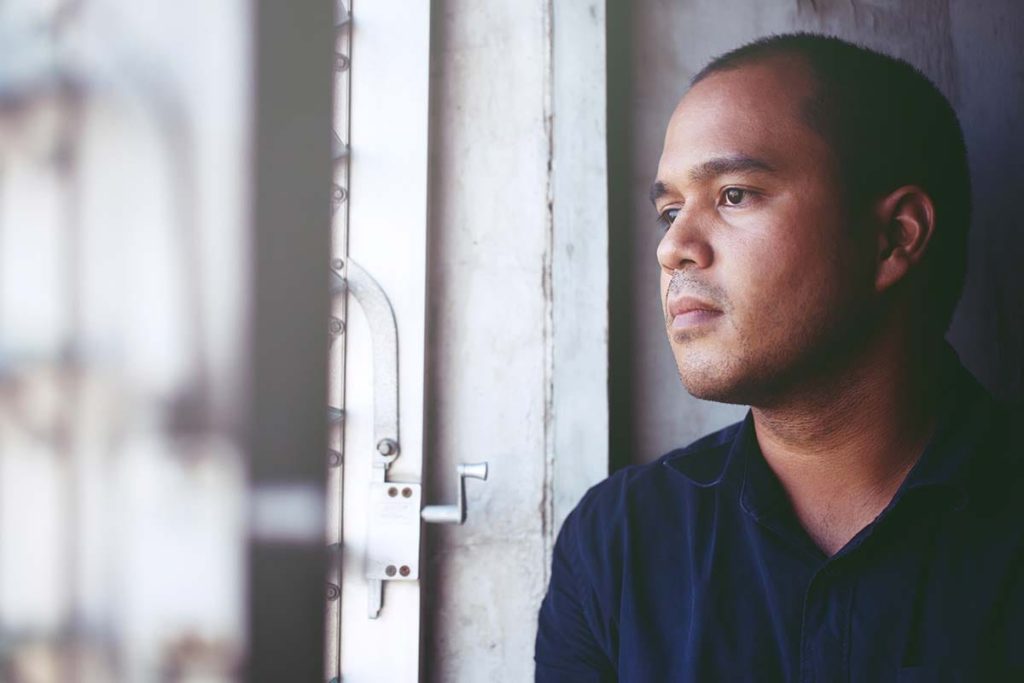Alcohol abuse and depression are two mental health disorders that often occur together. When a person has two conditions that require treatment, it is often referred to as dual-diagnosis or co-occurring disorders. Because alcohol addiction and depression are closely related, it is essential to treat both issues simultaneously. Call Northpoint Omaha today at 888.687.8014 for information about dual-diagnosis treatment in Omaha, NE.
Alcohol Abuse and Depression: The Connection
Alcohol use disorder and depression are closely linked. Unfortunately, one condition tends to make the other worse. People who are depressed may turn to alcohol as a form of self-medication, but alcohol is a depressant that only makes depression symptoms worse in the long run.
People struggling with alcohol addiction can experience severe consequences, including estrangement from loved ones and job loss. Living with addiction can lead to depression, leading to more alcohol use.
Mental Health and Alcohol
According to the National Institutes of Health, people with alcohol use disorder are 3.7 times more likely also to be diagnosed with a depressive disorder. Almost 35% of those diagnosed with depression will develop an alcohol use disorder. Regarding the alcohol and depression connection, most experts agree that depression usually comes first.
Several studies suggest that people with mental health disorders are at a higher risk for alcohol abuse because they use alcohol as a treatment. It’s estimated that in 2020, about 8% of the U.S. population had at least one major depressive episode.
Many people do not recognize their own depression or seek treatment. Reaching for an alcoholic drink to feel better may offer temporary comfort, but it only worsens things in the long run.
Initially, alcohol boosts energy and euphoria, but as the effects wear off, symptoms of depression return and can even worsen. More alcohol leads to more severe depression symptoms and eventually to addiction.
Recognizing depression in its early stages provides the best chance to avoid self-medication and get the mental health care you need. Symptoms of depression include:
- Changes in appetite, either eating more or losing interest in food
- Lack of energy, fatigue
- Unexplained aches and pains
- Loss of interest in hobbies and activities
- Withdrawing from family and friends
- Feeling hopeless, helpless
- Inability to focus or concentrate
- Changes in sleep, such as sleeping too much or insomnia
- Suicidal thoughts
Depression has many causes. Brain chemistry, life experiences, genetics, and chronic medical conditions can cause a person to become depressed. Living with an alcohol use disorder and all the stressors accompanying addiction can also lead to depression.
Treating Co-Occurring Disorders
In the past, it was believed that treatment for mental health disorders should be separate from treatment for alcohol or substance use disorders, but that is no longer the case. Dual-diagnosis treatment is considered to be the gold standard of care. Addressing an individual’s psychological and physical health problems simultaneously is a more natural and holistic approach.
Therapies for alcohol abuse and depression may overlap and can include:
- Cognitive-behavioral therapy
- Group therapy
- Individual (talk) therapy
- Mindfulness practices, such as meditation or yoga
- Experiential treatments like art, music, or animal therapy
Addressing co-occurring disorders simultaneously provides a stronger foundation for remaining sober after completing treatment. If depression was the inciting cause for drinking, a failure to treat depression puts patients at high risk for self-medicating again.
Find Dual-Diagnosis Treatment at Northpoint Omaha
At Northpoint Omaha, we aim to treat the whole person, not just their addiction. We offer dual-diagnosis treatment programs for those who are living with substance or alcohol use disorder and any mental health concerns. Contact Northpoint Omaha today at 888.687.8014, and start your recovery journey. You do not have to do it alone.

